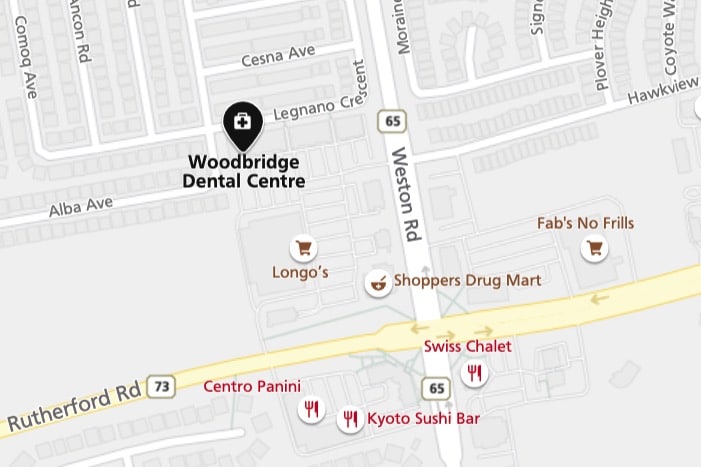Healthy teeth require a lifetime of maintenance. Even if you have been told you have lovely teeth, it is still important to care for them properly every day to avoid issues. It entails following your routine and using the proper oral care products.
Tips for Healthy Teeth
Brush your Teeth Twice a Day
It is typically recommended to brush your teeth at least twice a day. Many people still skip brushing their teeth at night. However, brushing your teeth before going to bed gets rid of the bacteria and plaque accumulated throughout the day. Furthermore, the brushing technique is equally important. Brushing aggressively damages the delicate gums and tooth enamel.
Floss Daily
According to Jonathan Schwartz, DDS, flossing is not just for removing food particles or vegetables that may be lodged between your teeth. It primarily stimulates the gums, lessens plaque buildup, and assists in reducing localized irritation.
Flossing can be challenging, particularly for young children and older people who have arthritis. Look for tools that can assist you in flossing your teeth rather than giving up.
Replace the Toothbrush when Needed
The bristles of a toothbrush can degrade and lose their form over time. Replace your toothbrush every three to four months for you teeth healthy and clean your teeth and gums effectively. If you arrange routine dental exams, your dentist will also provide you with a new toothbrush.
Get a Regular Appointment with a Dentist
You should visit your dentist at least twice yearly for cleanings and checkups. A dentist can check for cavities and remove calculus, but they can also anticipate problems and recommend treatments.
Healthy Diet
Diet soda also damages teeth, so it’s not simply sugar soda that does it. When acid erodes enamel, it causes cavities, colors the tooth’s surface, and erodes its inner structure. Limit soft drinks and simple carbs such as bread, rice, and potatoes to prevent tooth decay. Plain rice, as opposed to sweetened rice, is not bad for the teeth.
Products for Dental Hygiene
You may need help to maintain the health of your teeth by using other tools besides brushing and flossing. These goods include tongue cleaners, interdental cleaners, oral irrigators, and mouthwash. Invest in fluoride-containing toothpaste. You can avoid cavities by introducing fluoride-based products into your dental routine.
Hydrate Yourself
Water cleans your mouth naturally. Additionally, your teeth are more resistant to decay thanks to saliva. The water and saliva helps wash away residue and food particles that can lead to cavities. Therefore, drinking water is excellent for your teeth.
Quit Smoking
Smoking is directly related to the development of gum disease, which is still another incentive for smokers to give up. According to the Centers for Disease Control and Prevention (CDC), smoking depletes your immune system, which makes it more difficult for you to fight gum infection.
Dental Sealants
Even though thorough brushing and flossing can remove food particles and plaque from teeth’s flat surfaces, they frequently are unable to reach all the crevices in the back teeth to do so. Sealants prevent tooth decay in vulnerable areas such as molars and premolars by keeping away food and plaque.
Examine Mouth Regularly
Even though visiting your dentist timely is a great preventive practice, problems might arise in the interim. You should quickly examine the inside of your mouth as part of your daily routine to prevent serious issues. Examine your teeth and gums for any changes or anomalies.
Common Misconceptions
For many years, myths about dentistry have been passed down from previous generations. With the facts, set the record straight. The top dental rumors and falsehoods are listed here.
- Gum Bleeding is common.
Gums that bleed after brushing or flossing are a result of inflamed gums. Gums may expand and begin bleeding due to an accumulation of too much plaque, the onset of gingivitis, gum disease, or other circumstances. Set up a visit with your dentist to have an examination.
- Cavities cause tooth loss.
Even though cavities are a factor in tooth loss, they are not the only ones. Unhealthy gums can bring on periodontal disease. As a result, tooth loss is more likely since the gums’ grip on the teeth is weaker.
- Bad breath is the result of poor oral hygiene.
Bad breath, also called halitosis, can be an adverse drug reaction, an indication of an infection, or another health issue. To rule out any medical conditions, consult your dentist or a health professional if foul breath continues despite brushing and flossing.
- Toothbrushing’s sole purpose is to remove food and debris.
Plaque prevention is the top reason for brushing your mouth regularly. However, proper family dental care means the overall well-being of the body. You can prevent other bodily problems, such as bad digestion, with a clean mouth.
Bottom Line
The best defense against tooth decay and gum diseases is proactive dental care. At wood bridge dental centre, our dentist and staff will make visiting the dentist a simple, uncomplicated experience and listen to your concerns while carefully evaluating your needs. Book an appointment today!





